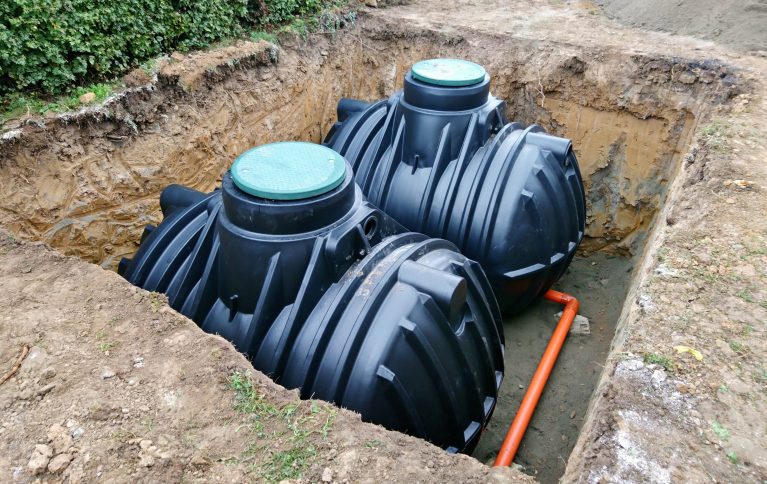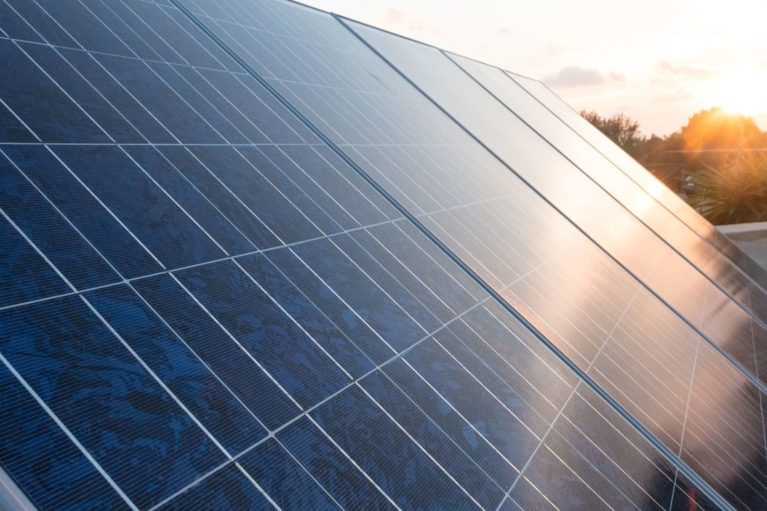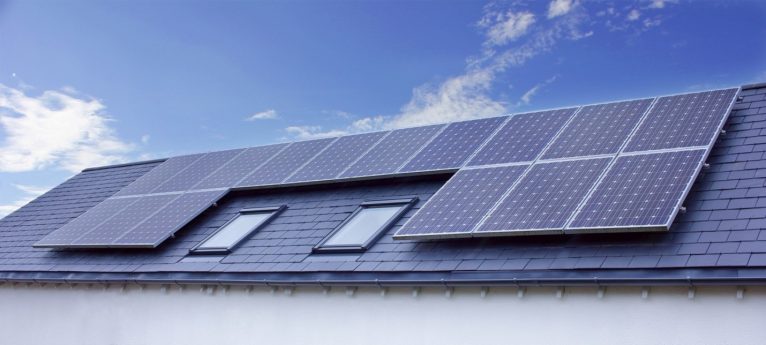According to SEIA statistics, the solar industry grew by 46% in the third quarter of 2021 alone.
This rapid upsurge is due to government backing of the concept as well as decreasing prices on solar installations.
Are you keen to get on board with solar, but wary of the expense involved? Keep reading to discover the solar energy pros and cons you need to know.

Benefits of Solar Installation
The main benefit of solar power is that every installation reduces the amount of electricity produced by burning coal and oil. These are finite resources, and they also generate billions of tons of carbon emissions.
In turn, carbon emissions increase global warming that will ultimately bring an end to civilization as we know it.
Solar energy is infinitely sustainable for the next 5 billion years when our sun burns itself out.
It’s also a reliable energy source that continues to generate electricity as long as the sun’s rays reach your roof. You can store this energy in batteries to power your home at night, or sell it to a local power company for credits.
You never have to deal with the inconvenience of a power failure when you have solar energy.
In most cases, installing solar increases the value and appeal of your home when you decide to sell it. Potential buyers know about the benefits of solar and will pay a premium for solar-powered homes.
It’s expensive to install a solar energy system at first. Yet, you’ll benefit by paying reduced electricity bills for the lifespan of your solar panels, i.e. around 20 years.
This technology is also maintenance-free, requiring little more than the occasional wipe down. Click through to learn about solar panels and what they can offer you.
Drawbacks of Solar Power
Expense is the main factor prohibiting homeowners from going solar. If your electricity bill is low due to extra electricity-saving measures, solar isn’t always a good option for you.
Solar panels don’t operate at maximum efficiency during cloudy spells. That means you might need to implement a more powerful and expensive system if you live in an area where overcast days are common.
A small solar system might not produce enough power to run energy-heavy appliances like water heaters. So, you might incur extra expenses like installing a gas water heater.
If you live in a place that doesn’t offer the benefits of net metering, this could mean solar isn’t a good option for you.
Finally, manufacturing and transporting solar panels does create carbon emissions. Yet, these pale in comparison to the amounts emitted by power plants.
Weighing Up Solar Energy Pros and Cons
Most homeowners love the idea of helping the environment while saving money and the federal government is happy to help them succeed.
Make sure you calculate how much you’ll pay for your solar once you’ve considered local, state, and federal incentives to promote solar power.
Creating a list of solar energy pros and cons according to your circumstances is the only way to enjoy the best benefits of solar. These versatile systems can adapt to almost any homeowner’s needs.
If you’d like to learn more about how technology can help you thrive at home and work, browse our website for the latest information.






